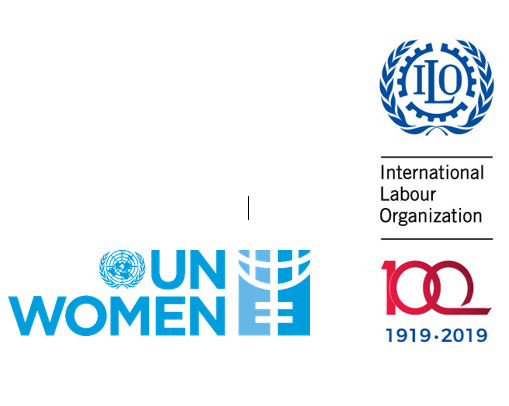Ensuring women’s access to justice and redress is critical to achieving full enforcement and monitoring of laws addressing violence and harassment. In many countries, existing laws fail to take into account the negative impact of social and cultural norms on how women exercise their rights, as well as the lack of training of and awareness amongst labour inspectors and other authorities.
A significant barrier to preventing violence and harassment against women is that there is often little accountability for perpetrators in the world of work, and few women feel able to report or make formal complaints. In some countries and in some workplaces, there are no formal procedures for making complaints. In the EU Fundamental Rights Agency (FRA) survey, most women who reported sexual harassment kept the incident to themselves, only 4 per cent reported it to the police, and only 4 per cent talked to an employer or manager about it (FRA, 2014). In the US, it is estimated that approximately 70 per cent of workers who experienced harassment never talked with a supervisor, manager, or union representative about the case (Equal Employment Opportunity Commission, 2016). In a survey from the UK, 79 per cent of the women who said they were victims of sexual harassment did not report it to their employer (Trades Union Congress and Everyday Sexism, 2016).
|
“Less than 1 % of women who described the most serious incident of sexual harassment that has happened to them, consulted a lawyer, a victim support organisation or a trade union representative.” - European Union Fundamental Rights Agency Survey (FRA, 2014, p. 96)
|
Systems for reporting and making complaints should be effective transparent and trusted. Any worker – as well as bystanders and witnesses - should be able to make complaints confidentially to the employer through multiple routes. If complaints are not handled properly, confidentiality is breached, no independent investigation is carried out, or if the outcome is not considered to be fair or appropriate, workers will lose trust in the system and may not report future cases.
In order to address these issues, some countries have adopted measures such as the establishment of expedited processes and specialized courts with expertise in cases of gender-based violence, and the provision of specialized training for prosecutors and police, amongst other authorities.[1] A further important issue is shifting the burden of proof in civil and administrative procedures, normally once the complainant has produced prima facie or plausible evidence of a violation (UN Women, 2018, p.9). Criminal standards of proof (such as “beyond a reasonable doubt” or “‘clear and convincing evidence”) within workplaces often prevent women from reporting and having effective remedies in cases of violence and harassment. Access to legal advice and assistance, accessible guidance and information, is also relevant in enabling victims to make complaints and seek justice.
[1] For country examples see UN Women’s Virtual Knowledge Centre: http://endvawnow.org/en/articles/144-specialized-courts-tribunals-for-violence-against-women.html?next=145
